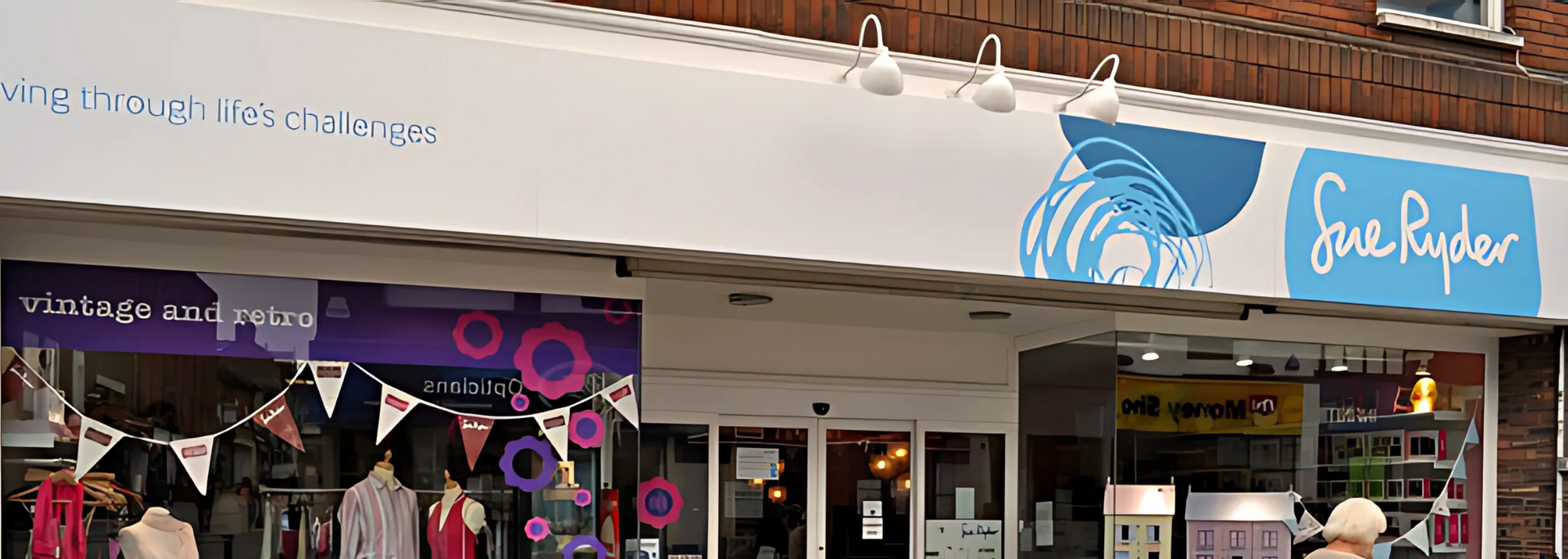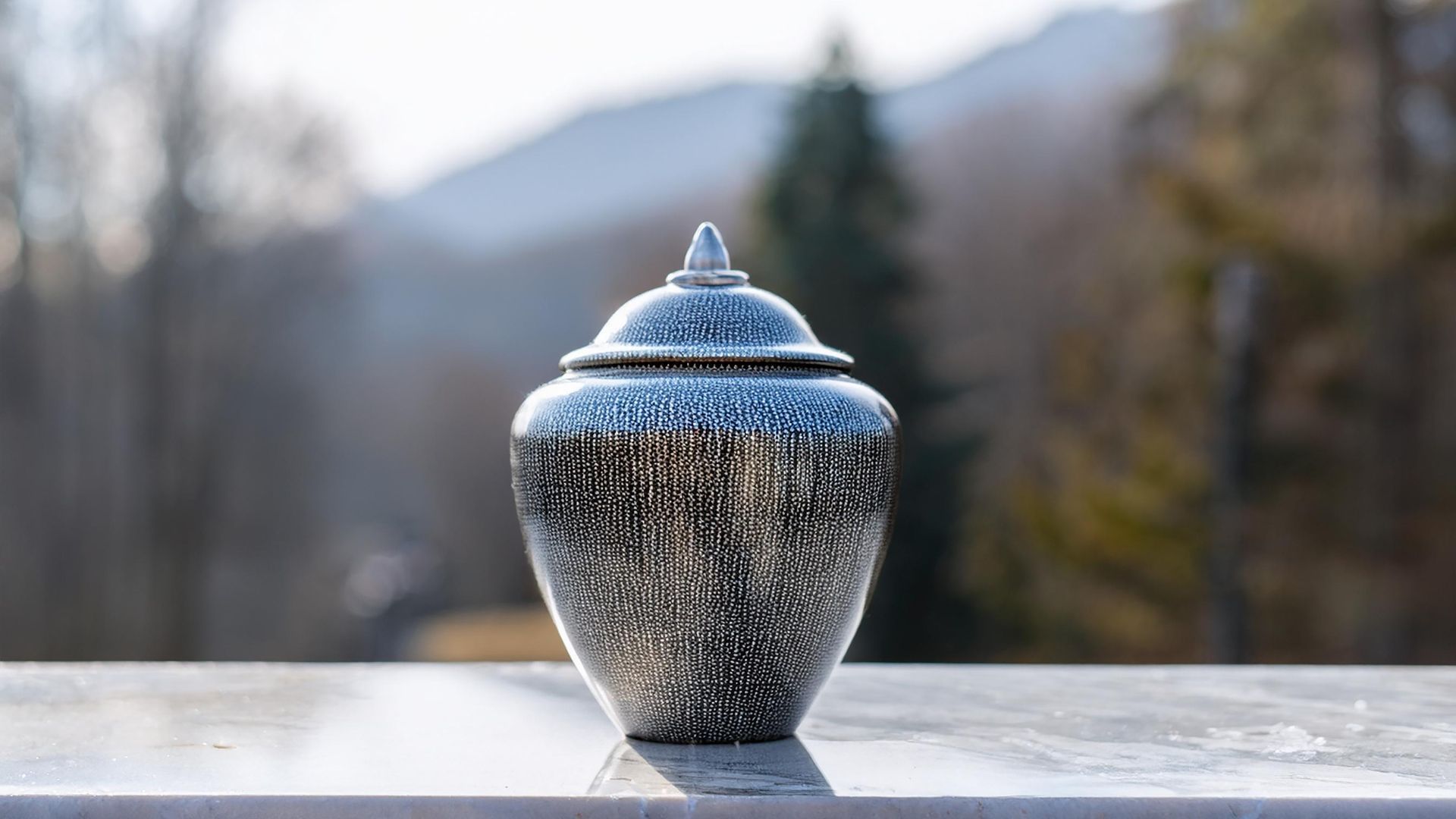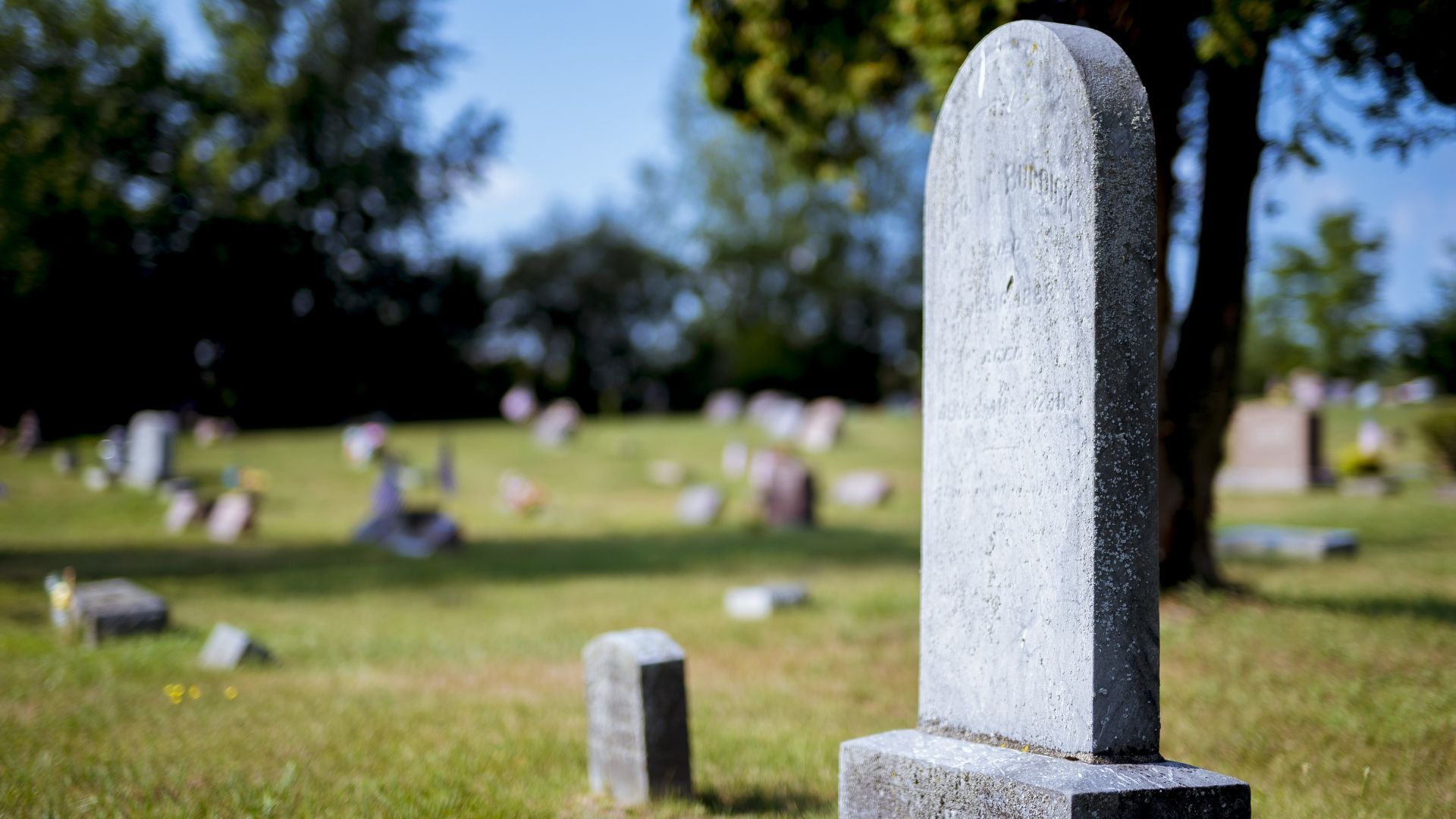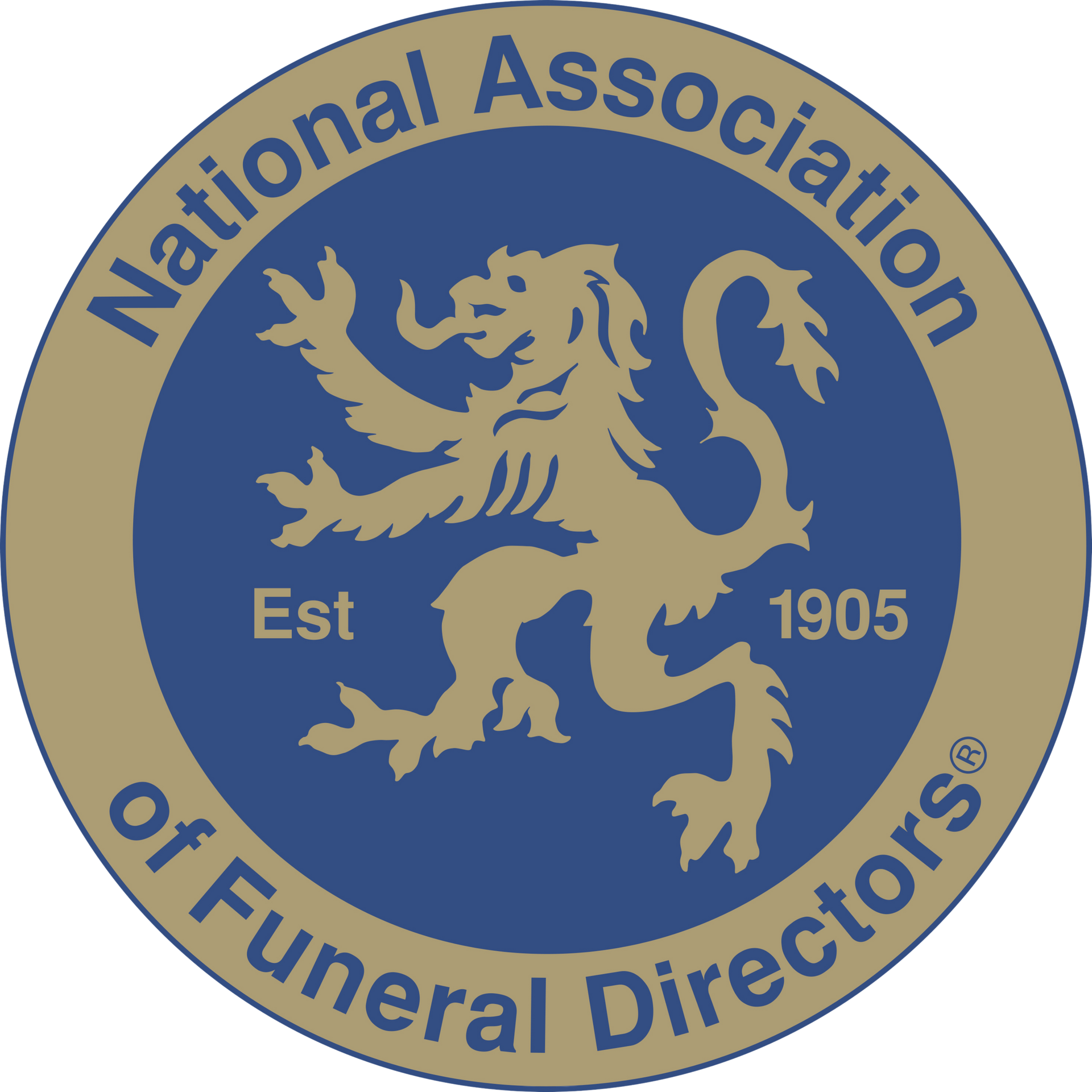Grief support groups in London that can help you through your loss
Are you looking for a grief support group? Explore some of your options in London and elsewhere.

When you're experiencing grief, it can often feel like you're alone with your feelings. Some people find that sharing their feelings with others can make a difference.
At
Akshardham Funeral Directors (AFD), we firmly believe there's no right or wrong way to grieve. Grief is a personal journey and what helps one person may not help another. Even so, sharing with others can make a positive difference for many people.
There are different ways to do this. You can ring helplines, post on message boards or attend grief support groups. This article deals with the third option – specifically in London and then in the UK more broadly.
Before we go any further, it's important to say that the information we give about support groups and helplines is correct at the time of writing. Make sure you double-check online or by phone before attending a meeting or making a call.
What are grief support groups?
Grief support groups are spaces for people who are grieving to meet and share their experiences. This could be an in-person meet-up or online.
Some grief support groups focus on specific types of grief. There are groups for people who have lost a partner, for people who have lost a child and for people who have lost someone to suicide. There are also grief support groups for particular faiths and identities, such as LGBTQ+.
Grief support groups provide a safe space for people to share their feelings. People at the support group can be honest with each other, which can make them feel more connected. Attending a grief support group can also become part of your routine – and a fixed, dependable routine can be an important part of a grief journey.
Grief support groups in London
Like all groups, meet-ups and social activities, grief support groups in London come and go. There may be small or informal groups in your area that don't advertise online. You could find out about them by word of mouth or asking at your doctor's surgery or place of worship.

Here are three support groups that are active at the time of writing.
1. Cruse Bereavement Care
Cruse Bereavement Care is a national charity providing support, advice and information to people who are bereaved as well as free and confidential counselling services.
They also offer group support. These include group information sessions on "Understanding Your Bereavement" and peer-to-peer support groups such as walking groups.
Different branches offer different services. If you live in London, your best bet is to contact the charity directly. They have branches across the city that may offer group support.
- Find your local Cruse Bereavement Care branch: https://www.cruse.org.uk/get-support/local-support-phone/
- Find out more about Cruse Bereavement Care: https://www.cruse.org.uk/about/
2. Murdered Abroad
Some grief support groups focus on specific types of grief. One example of this is
Murdered Abroad. In its own words, this is a "support group run by people with lived experience of murder and manslaughter abroad."
- Learn more about Murdered Abroad: https://www.murdered-abroad.org.uk/about
3. The Loss Foundation
The UK has many support groups for people who have lost someone to cancer. One of these is
The Loss Foundation. Among other services, they put on casual "walk and talks".
- Find out about walk and talks: https://thelossfoundation.org/how-we-can-help/get-support/walkandtalks/
- Find out more about The Loss Foundation: https://thelossfoundation.org/about/
Grief support groups and helplines in the UK
There are many grief support groups and bereavement helplines in the UK. This is by no means a complete list. If you don't find a suitable service here, you could try looking online, speaking to a doctor, asking friends or asking at your place of worship.
WAY (Widowed and Young)
This organisation offers a peer-to-peer support network for people who have lost a partner before their 51st birthday. This applies to men and women who were married, unmarried, with or without children, and regardless of sexual orientation, race, religion or gender.
- Learn more about Widowed and Young: https://www.widowedandyoung.org.uk/
Sue Ryder

Sue Ryder is a bereavement support charity. It offers different kinds of bereavement support. It also runs charity shops.
- Find out more about Sue Ryder: https://www.sueryder.org/
- Find a local branch: https://www.sueryder.org/shop-with-us/find-a-shop/
Child Bereavement UK
This charity offers support to families who have lost a child. It offers free, confidential support by telephone, video and instant messenger. It also offers face-to-face support in some locations.
- Learn more about Child Bereavement UK:
https://www.childbereavementuk.org/
The Good Grief Trust
The Good Grief Trust is a national charity. It provides a
map of websites, helplines and information providers.
- See the Good Grief Trust map and find support: https://www.thegoodgrieftrust.org/find-support/
Marie Curie
Marie Curie is the UK's leading end-of-life charity. As well as providing care to people with terminal illnesses, it offers
bereavement counselling to friends and family.
- Learn about Marie Curie's bereavement counselling: https://www.mariecurie.org.uk/information/grief/bereavement-counselling
- Find out more about what they do: https://www.mariecurie.org.uk/about-us/what-we-do
GriefChat
This is a live chat service with a bereavement counsellor. It's free to use and can be accessed between 9 am and 9 pm, Monday to Friday.
- Learn more about GriefChat: https://griefchat.co.uk/
General advice
Grief resources are available on the
NHS website. These offer suggestions for connecting with others and sharing your feelings as well as advice on improving sleep and overall mental well-being. You can also ask your GP for general advice regarding your bereavement.
- See NHS resources on grief: https://www.nhs.uk/mental-health/feelings-symptoms-behaviours/feelings-and-symptoms/grief-bereavement-loss/
If you need to talk to someone immediately
If you feel you need to talk to someone immediately about your grief, you can call the Samaritans. This is a volunteer-run service helping people in distress. Crucially, they are trained to avoid judgment and won't tell you what to do. Instead, they offer a listening ear.
- For the Samaritans' 24-hour helpline, call 116 123
- Learn more about the Samaritans:
In an emergency, call 999 straight away
If you're grieving and think you might hurt yourself or someone else,
call the emergency services straight away on 999 or your local emergency number.






